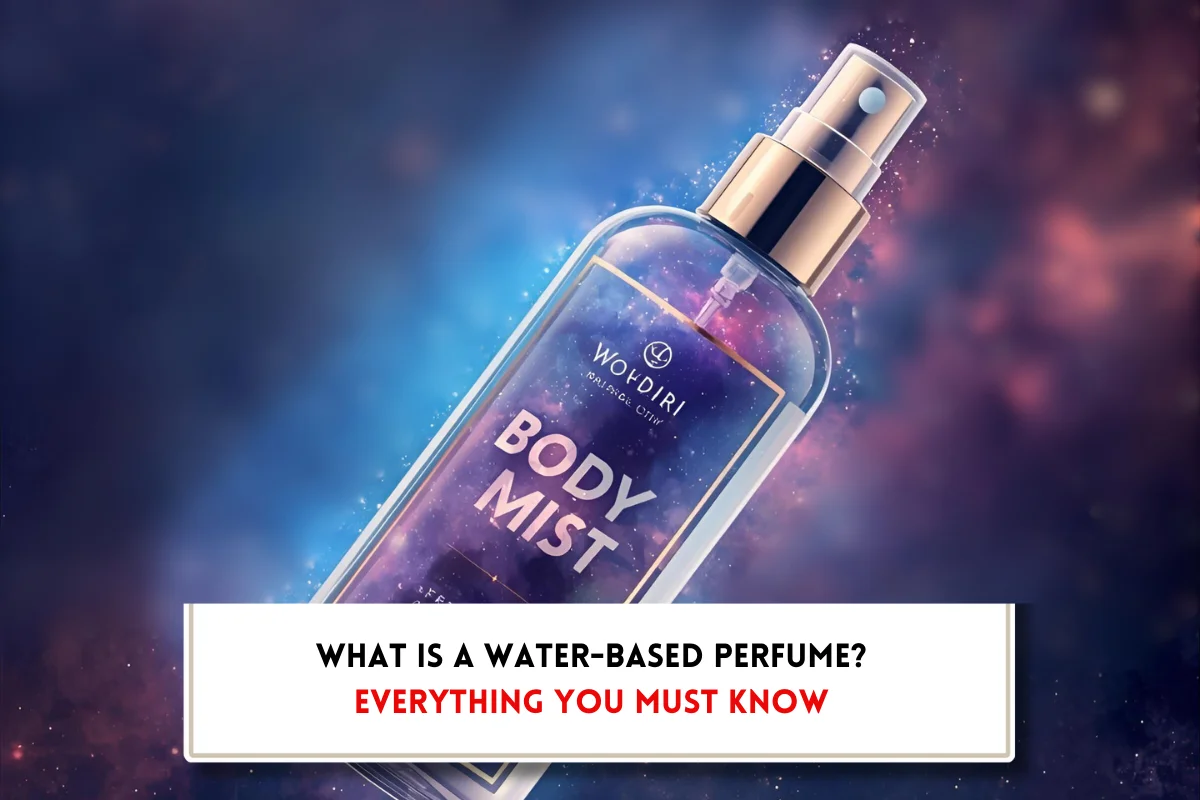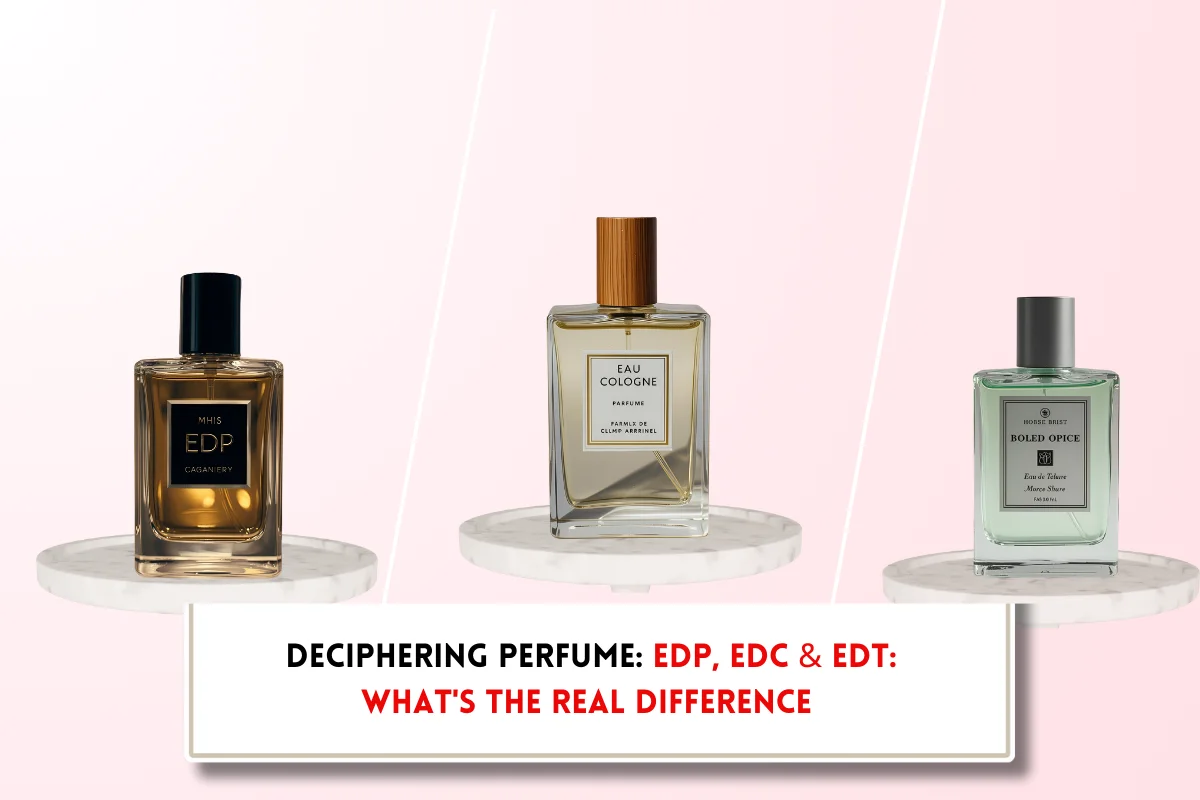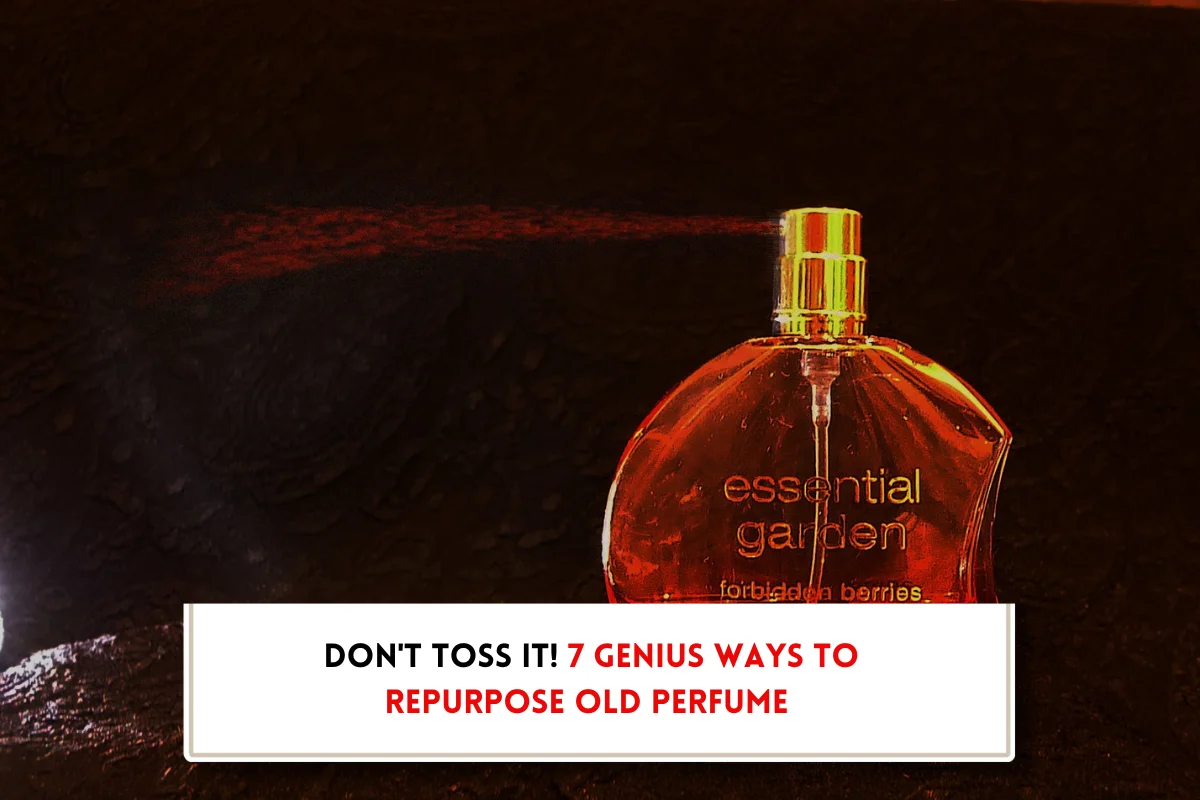Can you mix shampoo and conditioner?
At BeautyCaters, our expert team independently curates every recommended product. Purchases through our links may earn us a commission. Explore our transparent selection process.
“Can you mix shampoo and conditioner?” The question pops as every shower thoughts as a shortcut to smoother, shinier locks. And why won’t you? After all, the convenience of a 2-in-1 product seems appealing, but before you start mixing, it’s crucial to understand its potential consequences on your hair’s health and appearance. Let’s have a deep insight into what says science and find out if this beauty hack is worth a try.
- The purpose of shampoo and conditioner
- The differences between shampoo and conditioner
- Can you mix shampoo and conditioner?
- What are the risks of mixing shampoo and conditioner?
- When can you mix shampoo and conditioner?
- Alternatives to mixing shampoo and conditioner
- The Final Word: Can you mix shampoo and conditioner?

The purpose of shampoo and conditioner
Shampoo and conditioner are the cornerstone of any hair care regimen, each serving a distinct purpose to maintain healthy hair.
- Cleaning the hair: Hair cleansing is the primary function of shampoo. Shampoo’s main goal is to remove dirt, oil, and impurities from your hair, leaving it feeling fresh and clean. When you wash your hair with shampoo, the surfactants lift away impurities, break down, and emulsify oils, allowing them to be easily rinsed away.
- Moisturizing and protecting: Shampoo, by its very nature, can strip your hair of its natural oils, leading to dryness and brittleness. This is where conditioner comes in to replenish those lost oils and restore your hair’s natural moisture balance. The humectants, emollients, and proteins focus on hydrating and smoothening the hair cuticle, restoring moisture. It reduces tangles, adds shine to your hair, and protects it against damage caused by heat styling tools, sun exposure, and environmental stress.
The differences between shampoo and conditioner
There’s a reason why shampoo and conditioner come in separate bottles – they serve distinct purposes and have unique formulations. Understanding these differences is crucial to maintaining healthy, beautiful hair.

Formulation and pH Levels
The primary distinction between shampoo and conditioner lies in their formulation and pH levels. Shampoos are typically alkaline, with a higher pH level (around 5.5-6.5), which helps to open up the hair cuticle and remove dirt and oil. In contrast, conditioners are acidic, with a lower pH level (around 4.5-5.5), which closes the cuticle and locks in moisture.
Functions and benefits
Shampoo and conditioner form the foundation of a healthy hair care routine. While, shampoo are formulated to target issues like dandruff, oiliness, or color protection, conditioner works to repair damage, enhance shine, and improve manageability. The combined use of shampoo and conditioner creates a synergistic effect, with shampoo preparing the hair for optimal conditioner absorption.
Can you mix shampoo and conditioner?
Your hair care routine plays a crucial role in maintaining healthy and lustrous locks. As someone who is constantly in search of solutions to simplify my hair care regimen, I often find myself wondering if I can mix shampoo and conditioner. In this chapter, we will delve into the reasons why mixing these two hair care products might be a viable option and explore the potential benefits it can offer.
Pros: Convenience and time-saving
Timesaving is a significant advantage of mixing shampoo and conditioner. Mixing shampoo and conditioner offers a convenient solution for those constantly on the go. Combining the two effectively cleanses and conditions your hair simultaneously, reducing the time spent in the shower. This time-saving practice can be particularly beneficial on busy mornings or when traveling, allowing you to maximize efficiency without compromising hair care.
Cons: Potential damage and inefficiency
Conditioner compromise is a significant concern when mixing shampoo and conditioner. Diluting the conditioner can lead to inadequate moisturizing, resulting in dry, brittle hair. Moreover, shampoo can strip your hair of its natural oils, which conditioner is designed to replenish.
The shampoo is formulated to clean your hair, while the conditioner is designed to nourish and moisturize it. When you mix the two, the shampoo can neutralize the conditioning properties, making the conditioner less effective. This can lead to a range of problems, including:
- Dry, brittle hair
- Tangles and knots
- Flyaways and frizz
- Color fade (for color-treated hair)
What are the risks of mixing shampoo and conditioner?
Combining shampoo and conditioner is loaded with potential drawbacks. Here are those drawbacks.

Strip natural oils
The risks of stripping your hair of its natural oils are high when you mix shampoo and conditioner. Shampoo is designed to clean your hair, while conditioner is meant to moisturize and nourish it. When combined, the cleansing properties of shampoo can overpower the moisturizing effects of conditioner, leaving your hair dry and brittle.
Damaged hair cuticles
A combination of shampoo and conditioner can cause damage to your hair cuticles. The surfactants in shampoo can lift the cuticle layer, making it more prone to damage and breakage.
To make matters worse, when you mix shampoo and conditioner, the cuticle layer may not be able to close properly, leading to rough, frizzy hair that’s more susceptible to split ends and breakage. This can be especially problematic for those with curly or wavy hair, as it can exacerbate frizz and unmanageability.
Reduce effectiveness
When combined, the active ingredients in each product may not be able to perform their intended functions, resulting in subpar cleaning and moisturizing. Plus, shampoo and conditioner have different pH levels, which can affect their performance when mixed. Shampoo tends to be more alkaline, while conditioner is more acidic. When combined, these pH levels can cancel each other out, reducing the overall effectiveness of both products. This can lead to dull, lackluster hair that’s more prone to damage and breakage.
When can you mix shampoo and conditioner?
Many people assume that mixing shampoo and conditioner is always a no-go, but there are some exceptions to this rule.
- In emergencies: Any situation where you’re in a pinch and don’t have access to separate shampoo and conditioner products might call for mixing. For example, if you’re traveling and your luggage gets lost, or you’re camping and don’t have access to your usual hair care products. In these cases, mixing shampoo and conditioner might be better than using nothing at all.
- With specific product combinations: Combinations of shampoo and conditioner from the same product line, or those specifically designed to be mixed, might be okay. These products are usually formulated to work together in harmony, so mixing them won’t cause any adverse effects. Some products might require a specific ratio of shampoo to conditioner, or have specific guidelines for mixing and application. Always read the label and follow the instructions carefully to ensure the best results for your hair.
Alternatives to mixing shampoo and conditioner

If mixing shampoo and conditioner is not worthy, what other options are available to simplify your hair care routine?
- Use a 2-in-1 product: With the convenience of a single product, 2-in-1 shampoos and conditioners can be a great alternative to mixing. These products are specifically designed to clean and moisturize your hair in one step, saving you time and effort.
- Create a customized routine: Conditioner plays a crucial role in maintaining healthy, manageable hair. By using a separate conditioner, you can tailor your routine to your hair type and address specific concerns such as dryness, frizz, or color fade. Consider the following factors when creating your customized routine:
- Hair type: Choose a shampoo and conditioner suitable for your hair type, whether it’s dry, oily, curly, or straight.
- Hair concerns: Identify specific issues such as dandruff, itchiness, or split ends, and select products that address these concerns.
- Lifestyle: Consider your daily activities, climate, and styling habits when selecting products that can help protect and nourish your hair.
The Final Word: Can you mix shampoo and conditioner?
Summing up, mixing shampoo and conditioner is not recommended as it can alter the performance and effectiveness of both products. Shampoo and conditioner are formulated with specific ingredients to cater to different hair needs.
By mixing them together, you may dilute their individual benefits and hinder their intended results. Therefore, it is best to use shampoo and conditioner separately and follow the instructions provided by the manufacturers for optimal hair care.










